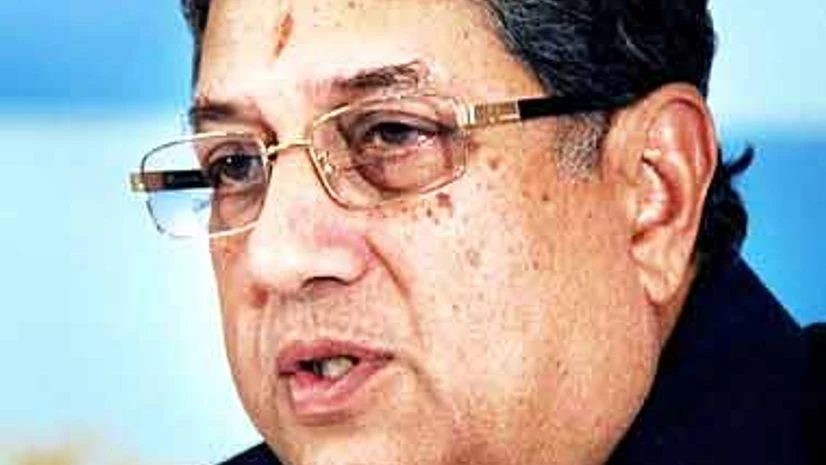It may be noted, India Cements Ltd had demergered IPL team Chennai Super Kings division into a subsidiary.
In the writ petition, the company alleged that Lodha Committee order goes against the fundamental principles of natural justice and fair hearing, non-compliance of which is evident from a finding of the committee that the only task left to the committee was imposition of appropriate punishment on the franchise without going into the charges or the offence committed.
"The refusal of the committee to enter into the dispute of whether the franchise (CSK)/its owner India Cements was guilty of violating clause 4.1.1 of the IPL operational rules has led to a grave miscarriage of justice," said the company.
The stars of the team namely the retained players M S Dhoni, Suresh Raina, R Ashwin, Ravindra Jadeja and Dwayne Bravo would be certainly contracted to play for any other IPL teams for the forthcoming season and CSK would lose their services, perhaps for ever and other star players of CSK would also picked by other franchises at various price points, said the company.
The CSK would lose its right to retain players and would have to start from scratch to build a team with the available talent when allowed back to the league. The pool of players available then would be depleted and CSK would have to make do with what is available. Irrespective of whether such a team of players would form an effective combination that can compete with the rest of the teams,
"The committee had failed to note that the very reason for appointing a high-level panel comprising of former judges of the apex court was that it could look into the findings of the Mukul Mudgal committee. The apex court had held they were not sitting in appeal over the findings of the Mudgal committee nor were they inclined to look into the materials which were placed before the committee. The Lodha committee always had the authority to call for the material forming the basis of the Mudgal committee reports, as observed by the apex court in its recent order," said the company.
If the Committee consider on merits the contention regarding the culpability of the franchise for the action of the team officials the opportunity to gauge the strength of the evidence available and see whether such evidence would satisfy the committee that a serious charge under article 4.1.1 of IPL operation rules (failure to ensure that the team official not violate any regulation) had been proved against the franchise would have been there.
In this regard, it may be reiterated that neither manage of CSK nor the CSK player was found guilty of betting or match fixing. Former CSK chief executive Gurunath Meiyappan never had shares in India Cements nor was he in the management of the company, said the company.
The Supreme Court in its order in January held that Meiyappan had been guilty of betting, but not of spot-fixing, match-fixing or misuse of inside information. The court further held that Meiyappan would qualify as a team official of the franchise and he could therefore be punished under the Anti corruption Code and the Code of Conduct for players and team officals.
The court further held that the two rules will not apply to the franchise and any action against CSK/India Cements Ltd can only be by resorting to Clause 4.1.1 of the IPL Operational Rules.

)
